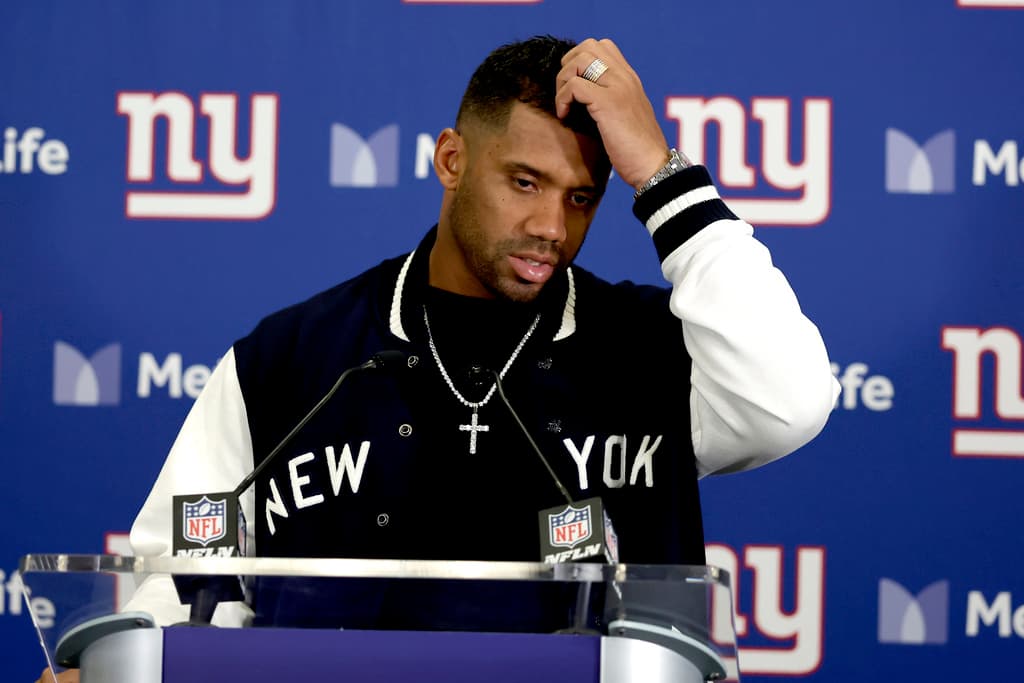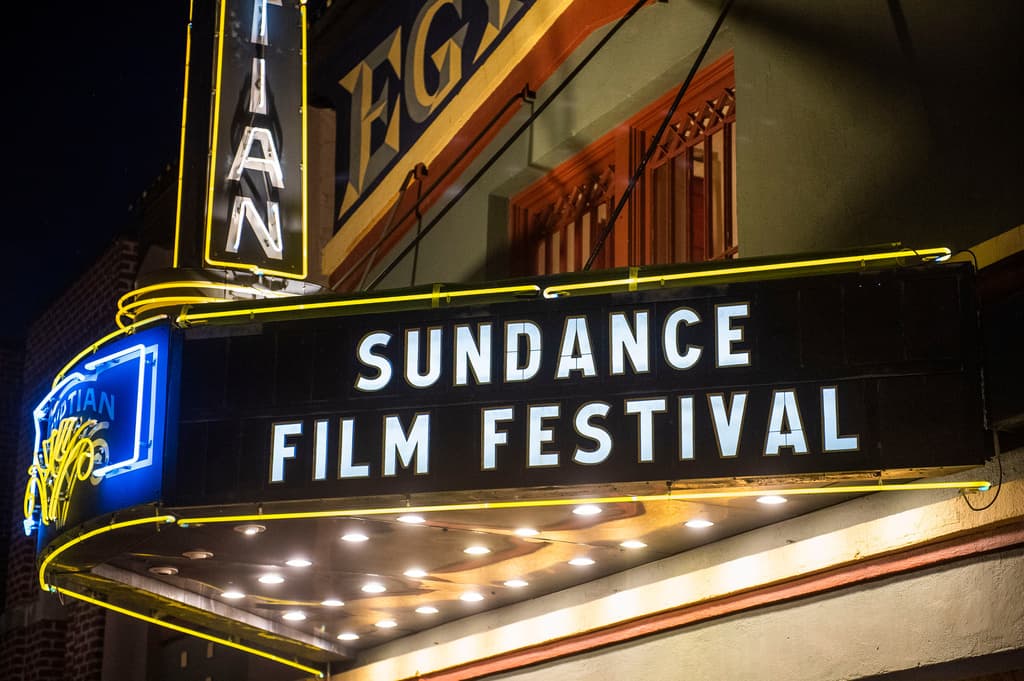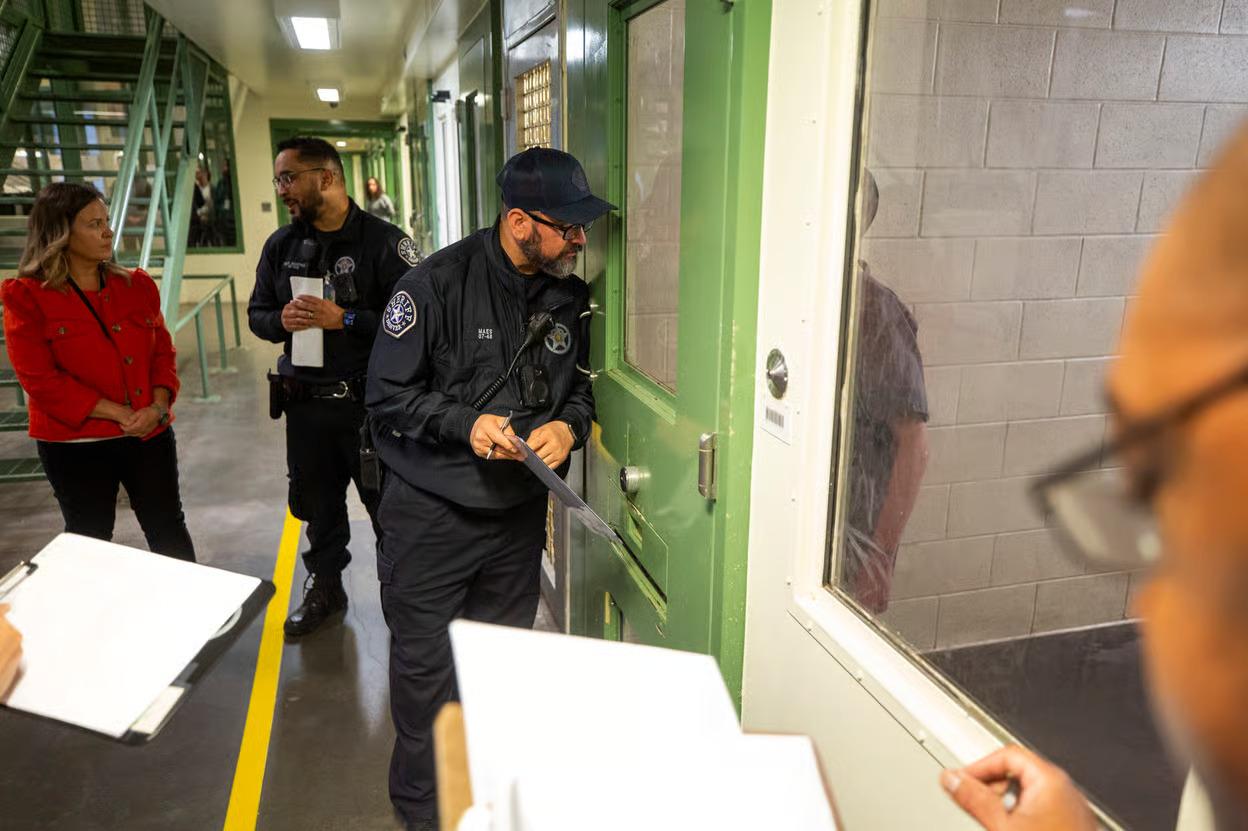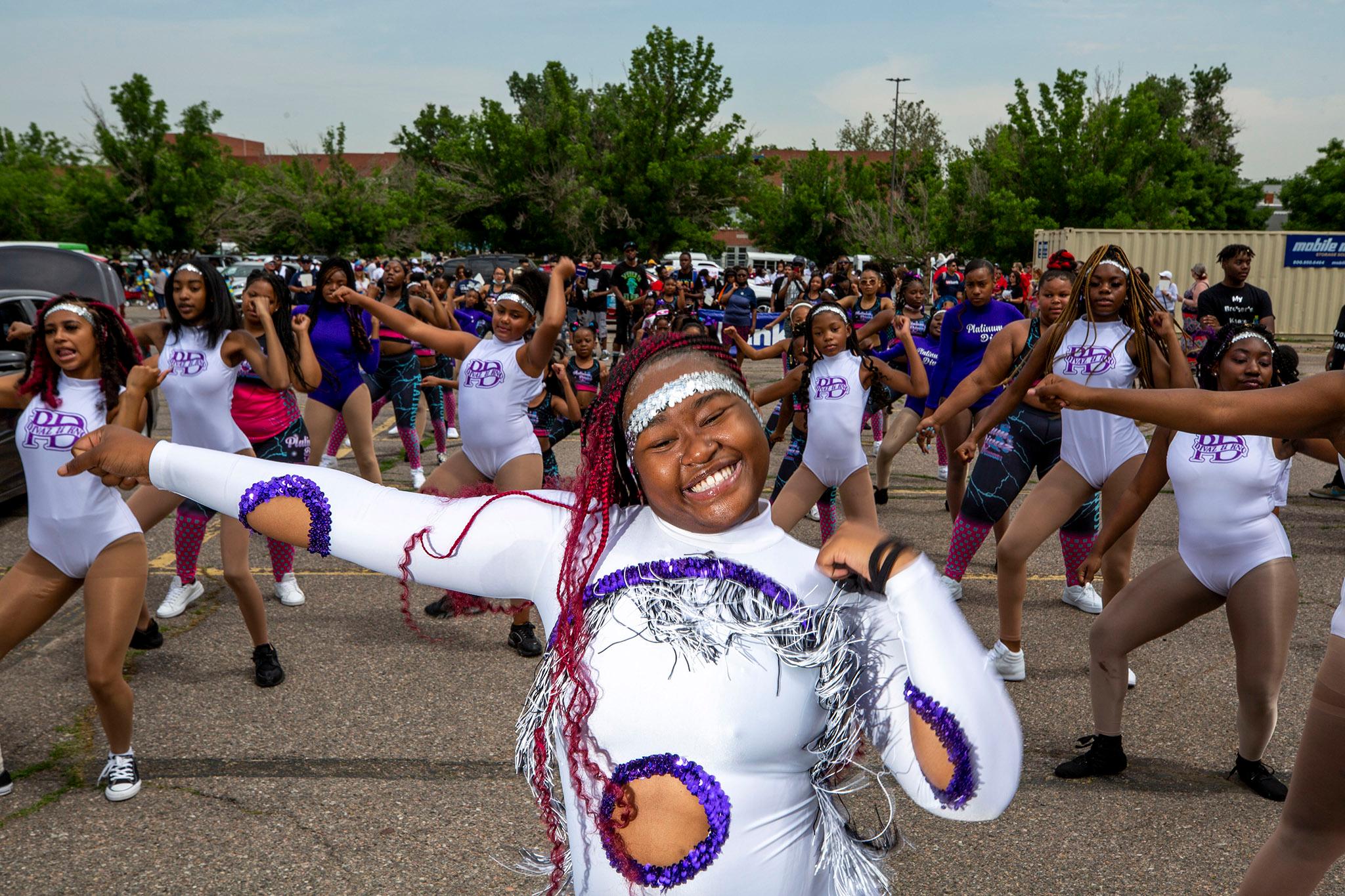
The Platinum Divaz youth dance team strutted down Denver’s 26th Street. Fifteen-year-old Jazoni Johnson led the dancers in a white bodysuit with tassels and blue sparkling trim.
Around them bystanders cheered and applauded a parade that featured Ms. Colorado, area firefighters, community organizations and other dance crews.
Thousands of people gathered Saturday in Denver for the annual Juneteenth parade that stretched from Manual High School to the Five Points neighborhood.
The energy was electric after the pandemic forced its cancellation last year. And for Johnson, despite the heat, the parade felt like an opportunity.
“Just getting the exposure out there, and it’s something new for the team,” she said. “So It’s just a good thing to do for my team.”
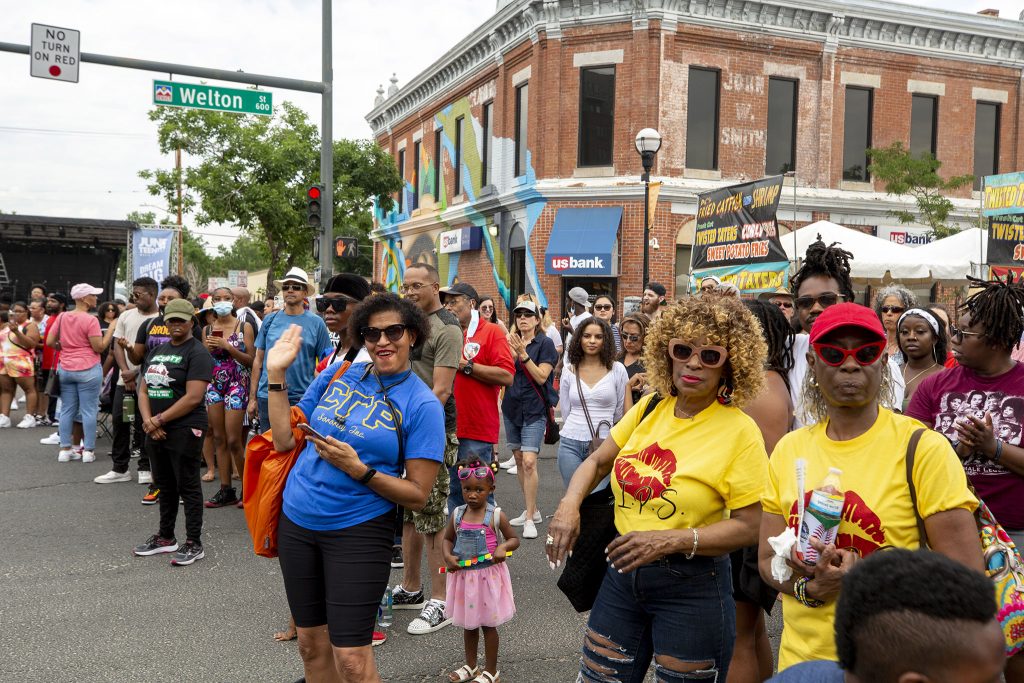
The heat also didn’t get in the way of anyone else taking part in the celebration of freedom.
“I'm enjoying Juneteenth. I'm out here with the Platinum Divaz. We're having a great time. Number one dance team in the state and we're doing our thing,” said Stanley Edwards.
But this year, the festival took on new meaning now that it has finally been recognized nationally. In January, Denver declared it a commemorative holiday and in 2004 it was recognized by Colorado.
“I'm really excited. It's a big improvement for America moving forward,” Edwards said.
Juneteenth advocates say this is only a starting point
On Thursday, President Joe Biden signed the Juneteenth National Independence Day Act just two days before the holiday.
At a press conference after the signing at the Brother Jeff Cultural Center, Norman Harris III and other Juneteenth Music Festival organizers gathered.
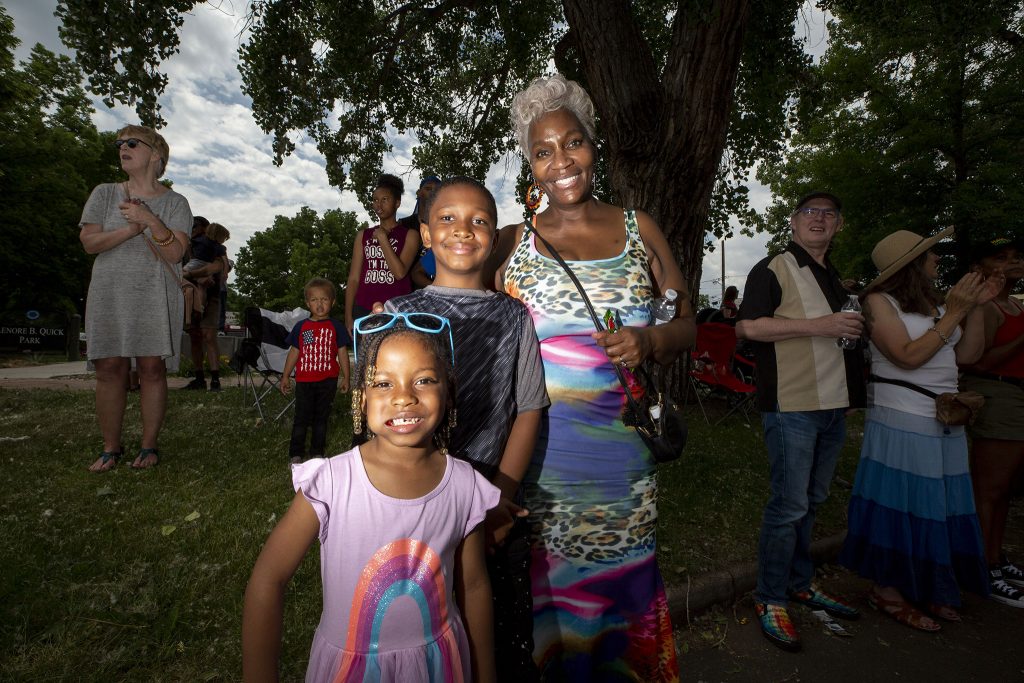
“Our initial reaction as an organization is a big sigh. We've been waiting for this for a long time,” Harris said.
But some, like Malik Robinson, executive director of Cleo Parker Robinson Dance, say they have reservations about the declaration. Robinson said the federal holiday is symbolic here because Juneteenth has long been celebrated in Denver, but he hopes it’s a window to push for more substantive change.
“There's a lot of gaps still, there's a lot of inequities and that federal holiday we hope that it's a signal for more change,” he said. “We've taken bits and scraps and turned them into really something beautiful.”
Denver’s Juneteenth festival is a blueprint for cities across the country
Harris of the organizing team says the Juneteenth Music Festival in Denver will be a model for how other cities, the country and the world can and should celebrate. He has big dreams for the festival in the coming years and hopes it’s a catalyst for change.
“We are providing that platform for our entire country to say we need to address our systemic challenges to forge better outcomes for our entire community,” he said.
Harris said he envisions the festival being a premier celebration and one that elected officials will need to attend to meet the community.
“That week of Juneteenth we are going to immerse the community in both a celebration of African-American culture, but also we're going to layer that with activism,” he said.
At almost 70 years old, Denver’s Juneteenth celebration is one of the longest running in the city
The celebrations started in the '50s and several organizers and neighborhood residents have kept the traditions ever since. Harris is credited with keeping the festival alive for the last decade.
“I can't even lie. If it weren't for him, there was a point when the festival — it was really kind of depressing,” said Oren Lomena, who hosted a Juneteenth broadcast kick-off event Friday.
Harris and a dedicated team of volunteers, employees and community members have revitalized the tradition. The first year they organized it, Harris said they started with nothing, no vendors, no licenses — not even a map of where the festival would be.
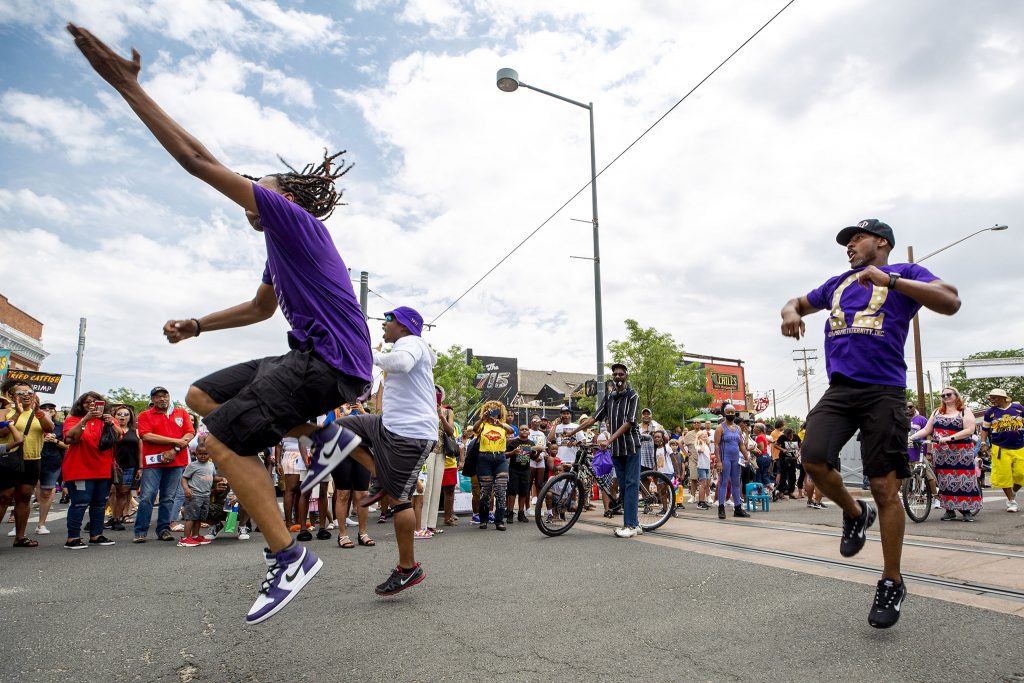
“It was a crash course in Denver politics for me,” Harris said about the first year he organized the festival. “There were quite a few things to navigate for us to understand where and why the celebration was where it was, and also what it was going to take to revitalize it. So it was hard.”
This year, the festival is the biggest ever since Harris started organizing. On Friday, there was a concert at Levitt Pavillion with nearly 5,000 people.
“The fact that we've added another day at that magnitude is tremendous,” Harris said.
Editor's note: This post has been updated to clarify that Juneteenth celebrations began in the 1950s in Denver.

